|
By DAILY MAIL REPORTER UPDATED: 17:21 EST, 1 December 2011 A freshly declassified memo is shedding new light on a possible tip-off of the Japanese attack on Pearl Harbor and the White House’s slow reaction to it. The 20-page document from the U.S. Naval Intelligence Office to Franklin Delano Roosevelt appears in a new book December 1941: 31 Days That Changed America and Saved the World. The memo read: 'In anticipation of open conflict with this country, Japan is vigorously utilizing every available agency to secure military, naval and commercial information, paying particular attention to the West Coast, the Panama Canal and the Territory of Hawaii.' Surprise strike: Hundreds of U.S. ships and boats were destroyed from Japanese bombs and torpedoes in the devastating attack on December 7, 1941 This means war: Franklin Delano Roosevelt signed the declaration of war against Japan - and later Germany and Italy - on the day after the bombing of Pearl Harbor It also mentioned how the Japanese were bolstering their spy network and collecting ‘technical information’ for use by its Navy. More than 2,000 Americans were killed on December 7, 1941, in the surprise attack by hundreds of Japanese war planes. It was seen as way to avoid U.S. interference with Japanese military might in the Pacific - and Japan's potential plans to invade the Philippines. President Roosevelt called the date one that will 'live in infamy,' and the attack itself propelled the U.S. right into World War II. But Roosevelt was often criticized for letting too much prior information of the impending attack slip through the cracks. December 1941’s author Craig Shirley, told USNews.com that there were ‘so many mistakes through so many levels of Washington.’ Horror: Black smoke pours from USS California in Pearl Harbor after it came under a surprise attack by the Japanese But despite those points, Shirley told the website that it doesn’t necessarily mean that President Roosevelt dropped the ball – just that ‘there were more pieces to the puzzle.’ His book even provides a comparison of the way the Bush administration handled information leading up to the September 11 attacks. Mr Shirley said: ‘Some things never change.’ The book also reveals how FDR and his war cabinet considered the option of declaring war on all three axis powers (Germany, Italy and Japan) on the night of the Pearl Harbor attack. In the end, the United States only went with Japan, citing the idea of isolationism and the nation’s weariness from World War I. The U.S. would, however, declare war on Germany and Italy later on December 11. The bombing of Pearl Harbor would remain the worst loss of American life in a single strike until the September 11 atrocities - 70 years later. Explosive: The USS Shaw was hit by three Japanese bombs in the Pearl Harbor attack and heavily damaged, but later repaired for other missions with the U.S. Navy in World War II http://www.dailymail.co.uk/news/article-2068188/Declassified-memo-warned-FDR-Hawaii-attack-3-days-Pearl-Harbor.html Comments are closed.
|
Archives
March 2021
|
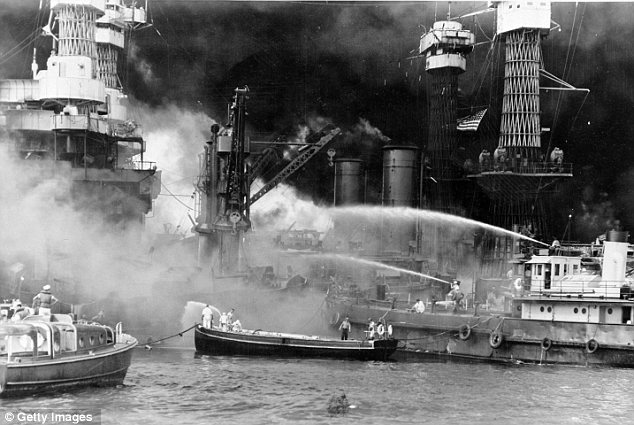
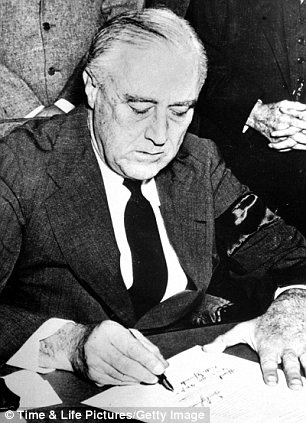
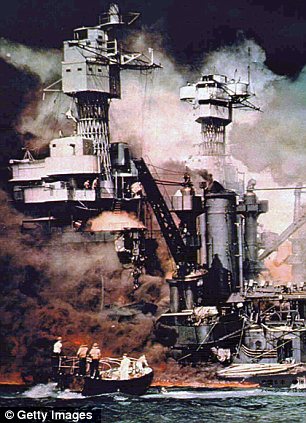
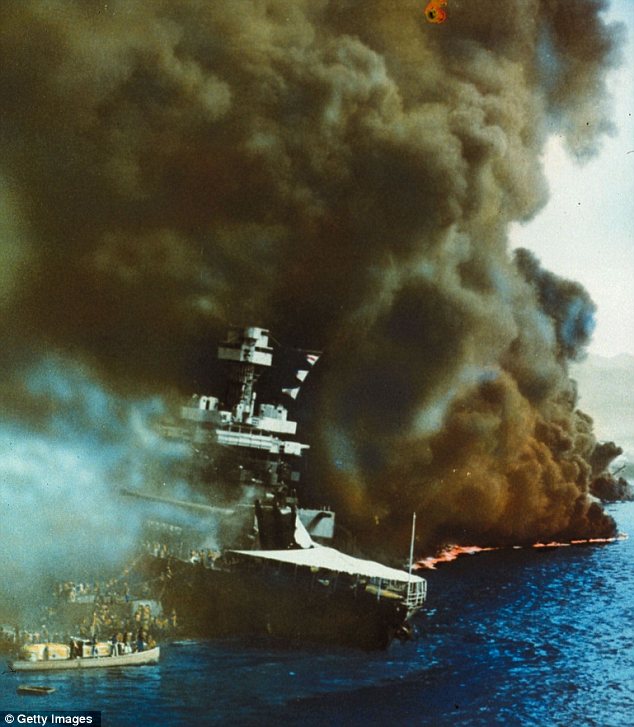
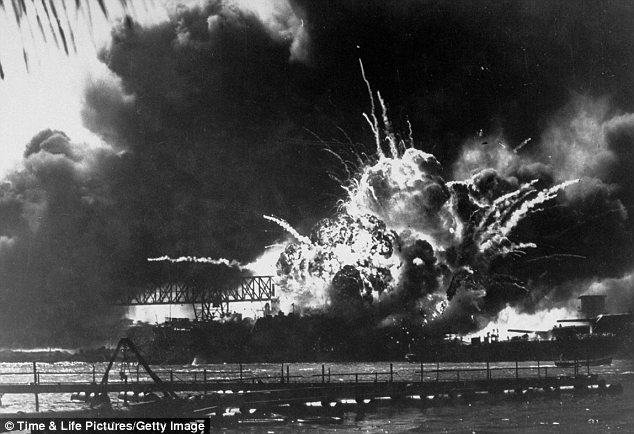
 RSS Feed
RSS Feed